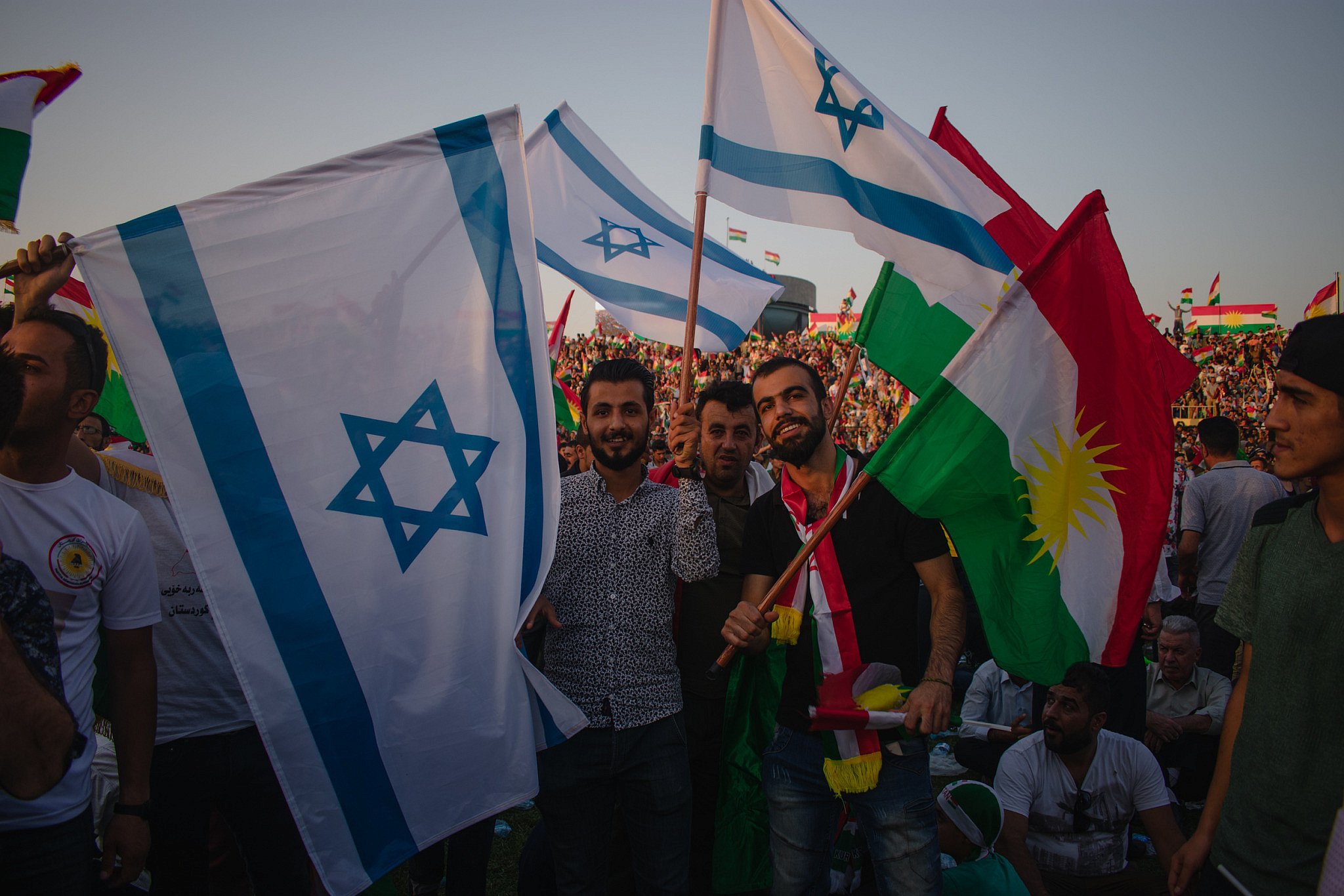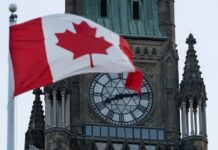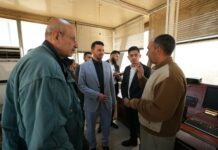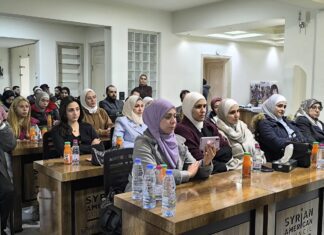
The Syrian Democratic Forces (SDF) and its political wing, the Autonomous Administration of North and East Syria (AANES) have continued to resist efforts to integrate into Syria’s national military, rejecting negotiations with Damascus while maintaining links to the Kurdistan Workers’ Party (PKK), which is designated as a terrorist organization by Turkey, the US and the EU.
Despite ongoing efforts by the new Syrian administration to unify the country, the SDF has refused to disarm and merge with the national military on the terms proposed by Damascus—a step that other armed groups, including the Turkish-backed Syrian National Army and Hayat Tahrir al-Sham (HTS), have agreed to. The group’s continued presence as an independent armed entity remains a source of tension in Syria’s post-conflict transition.
Clashes & Continued Violence
While Damascus has called for a peaceful resolution, the SDF has engaged in hostilities in Syrian cities and towns, with reports of shelling, small-arms fire, and attacks involving car bombs. The group’s refusal to dissolve and its military activities have contributed to ongoing instability.
The SDF’s ongoing clashes with the SNA, particularly in northern and eastern Syria, have prolonged uncertainty in the region. The Dawn of Freedom operation launched by SNA factions late last year against the SDF has resulted in shifting frontlines, with no clear resolution despite international calls for de-escalation.
SDF’s Position on Israel’s Role
In a recent interview with The Jerusalem Post, Ilham Ahmad, co-chair of the AANES Foreign Relations Department, stated that Israel should be part of regional security discussions, saying “Syria’s security requires Israeli intervention.” Her remarks come as international attention remains focused on Israel’s role in broader Middle East tensions, including its military operations in Palestine, Lebanon, and Syria.
Ahmad’s remarks contrast with the new Syrian administration’s calls for the withdrawal of all foreign forces—including those from the US, Iran, Russia, Israel, and Turkey—to restore Syria’s sovereignty. The SDF’s engagement with Israel has raised concerns among some analysts about the potential for new diplomatic or military complications.
Economic & Political Disagreements
Beyond military disputes, the SDF has opposed lifting sanctions imposed on Syria during the Assad regime, arguing that economic pressure should remain until greater political reforms are secured. Ahmad stated that sanctions should remain in place, voicing opposition to efforts to reintegrate Syria fully into the international community without additional conditions.
The SDF also continues to control large portions of Syria’s oil and gas fields, as well as key agricultural and water resources, which has led to disputes over resource distribution and economic recovery efforts.
Disagreements Over Military Integration
The SDF’s refusal to integrate into Syria’s national structure has been a major point of contention in negotiations. While other parties have accepted a unified military structure, the SDF has sought to retain its autonomy and has proposed integrating into the national army as a single bloc rather than as individual recruits. Ahmad stated that while the SDF could theoretically join the Ministry of Defense, it must “participate in the leadership of the entire army”—a condition that Damascus has not accepted.
Ahmad’s recent statements underscore the ongoing divisions in Syria’s political landscape. By rejecting negotiations in their current form, refusing to disarm, and seeking broader international involvement, the SDF remains a key actor in Syria’s evolving political and military situation.
The Path Forward
Despite the challenges posed by ongoing disputes, the Syrian administration has expressed a commitment to stabilizing the country. The recent Victory Conference in Damascus laid out a framework for rebuilding Syria, including the dissolution of various armed factions and the reformation of the national security structure. The new administration’s focus on diplomacy and reintegration stands in contrast to the SDF’s insistence on maintaining its autonomy. As Damascus continues negotiations to unify Syria, the future role of the SDF remains a significant issue in shaping the country’s path toward long-term stability.








